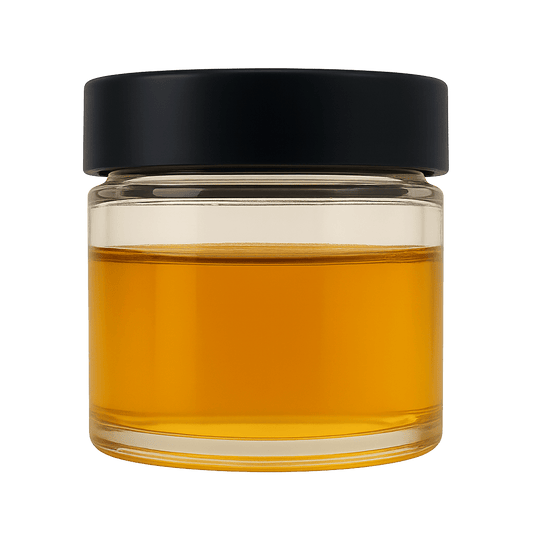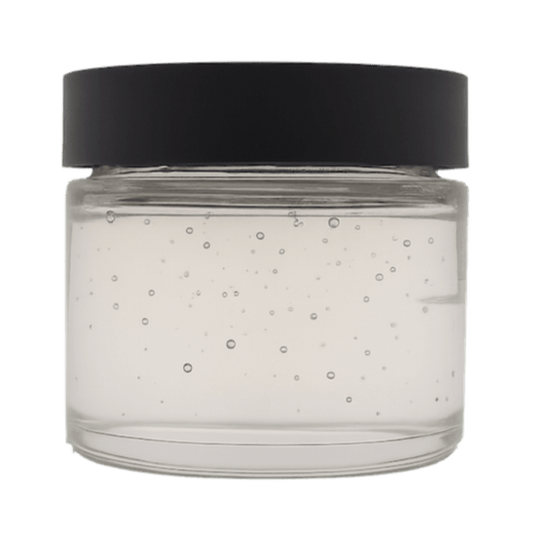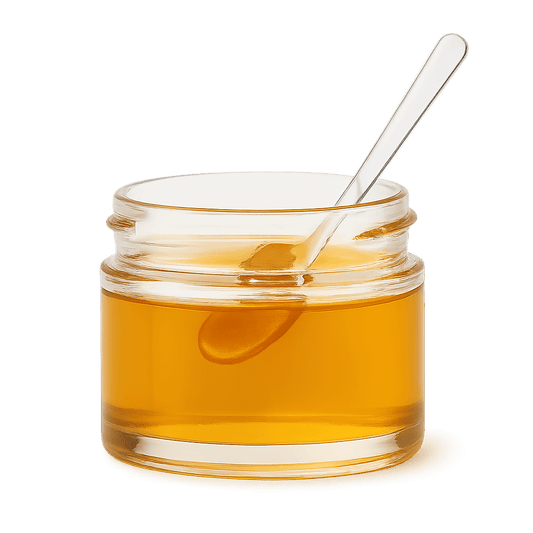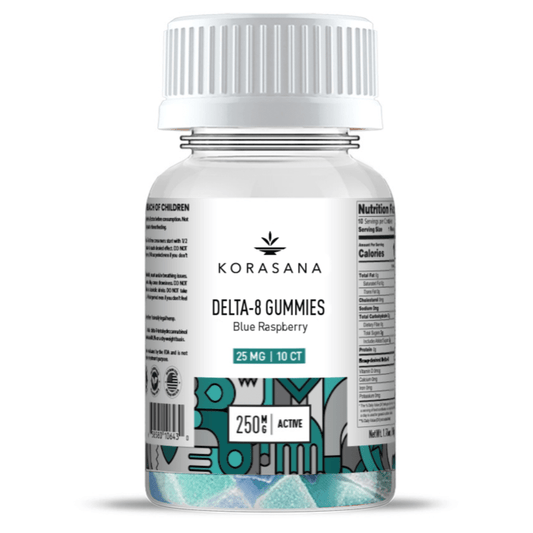Is Delta 8 THC Legal in Massachusetts?
YES - Delta 8 THC is Legal in Massachusetts
Delta-8 THC is legal in Massachusetts, the state has specifically legalized all hemp products that contain an acceptable level of delta 9 THC, as per state law which aligns with federal law. This suggests a broader acceptance of hemp-derived products, including delta 8, under the conditions set by state laws related to hemp and its derivatives.
Legal Status of Delta 8 in Massachusetts
To provide a detailed look at the sources and laws related to the legality of Delta 8 THC in Massachusetts, let's dive into the specifics:
- Bill H.4001: defines hemp products and aligns with the federal definition, including a range of hemp-derived products available for commercial sale. This bill is crucial in understanding the legal framework for hemp and its derivatives in Massachusetts. However, it's important to note that the interpretation and enforcement of laws regarding delta-8 THC specifically can vary, as seen in the MDAR's stance against the sale and manufacture of delta-8 THC products due to their synthetic derivation.
BILL H.4001
SECTION 3.
“Cannabidiol” or “CBD”, the compound by the same name derived from the hemp variety of the Cannabis sativa L. plant.
“Hemp”, the plant Cannabis sativa L. and any part of that plant, including the seeds thereof and all derivatives, extracts, cannabinoids, isomers, acids, salts, and salts of isomers, whether growing or not, with the federally defined THC level for hemp. Hemp shall be considered an agricultural commodity.
Agriculture Improvement Act of 2018
Effective Date: 10/31/2019
“hemp” means the plant species Cannabis sativa L. and any part of that plant, including the seeds thereof and all derivatives, extracts, cannabinoids, isomers, acids, salts, and salts of isomers, whether growing or not, with a delta-9 tetrahydrocannabinol concentration of not more than 0.3 percent on a dry weight basis.
“Hemp Products”, all products with the federally defined THC level for hemp derived from, or made by, processing hemp plants or plant parts, that are prepared in a form available for commercial sale, including, but not limited to cosmetics, personal care products, food intended for animal or human consumption, cloth, cordage, fiber, fuel, paint, paper, particleboard, plastics, and any product containing one or more hemp-derived cannabinoids, such as cannabidiol.
“Industrial Hemp”, the equivalent in all meanings to hemp, as defined in this section.
“Tetrahydrocannabinol” or “THC”, notwithstanding any other provision of the law, the THC that is found in hemp shall not be considered to be THC in qualifying as a controlled substance.
Section 121.
The department may inspect and have access to the equipment, supplies, records, real property and other information deemed necessary to carry out the department’s duties under sections 116 to 123, inclusive, from a person participating in the planting, growing, harvesting, possessing, processing, purchasing or researching of hemp, industrial hemp. The department may establish an inspection and testing program to determine delta-9 tetrahydrocannabinol levels and ensure compliance with the limits on delta-9 tetrahydrocannabinol concentration.
Section 122.
(a). Hemp-derived cannabinoids, including CBD, are not considered controlled substances or adulterants.
(b) Products containing one or more hemp-derived cannabinoids, such as CBD, intended for ingestion are to be considered foods, not controlled substances or adulterated products.
(c) Retail sales of hemp products may be conducted when the products and the hemp used in the products were grown and cultivated legally in another state or jurisdiction and meet the same or substantially the same requirements for processing hemp products or growing hemp under the State Hemp Program.
In conclusion, the legality of delta-8 THC in Massachusetts is complex, influenced by interpretations of federal and state laws. MDAR's stance highlights concerns about synthetically derived cannabinoids. For those navigating this landscape, it's essential to stay informed about the latest legal interpretations and guidance from state authorities.
The information provided on this website does not, and is not intended to, constitute legal advice or any statements regarding the status of any laws. The information, content, and materials present on this site are for general informational purposes only and should not be relied upon for any specific purpose. Laws vary across different states and are subject to change. Therefore, information on this website might not reflect the most recent legal or other developments. Read our full legal disclaimer HERE.






